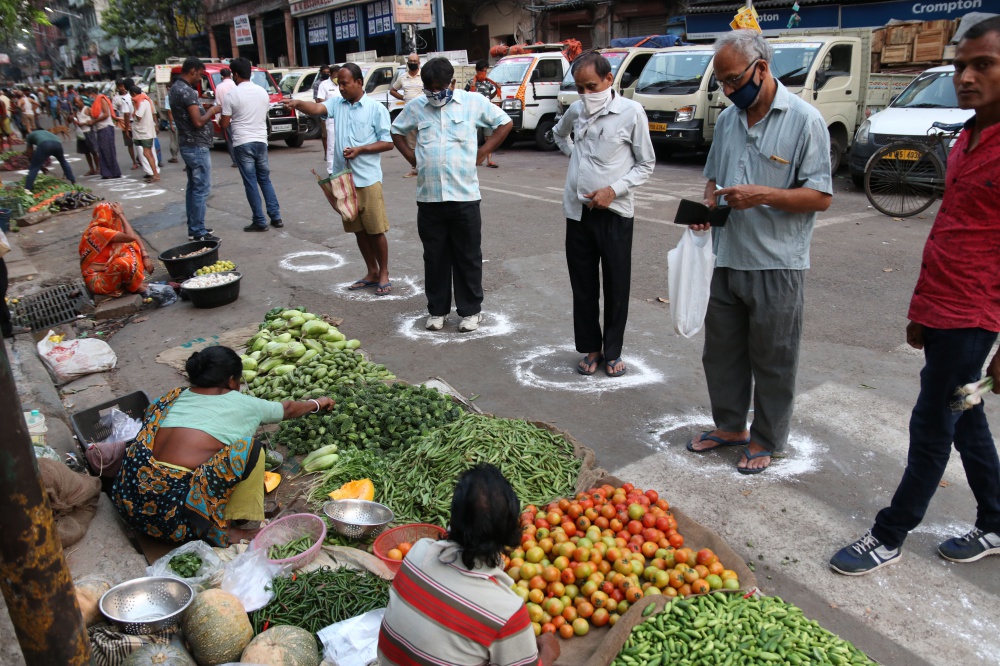POLLUTED FOOD AS A FACTOR OF EPIDEMICS AND PANDEMICS
Nowadays, as the world population grows rapidly and borders between countries become more and more transparent, ensuring food safety has become one of the most important tasks for governments and health organizations. Contaminated food can be the source of mass epidemics and pandemics such as cholera or other intestinal infections, so this issue needs to be addressed carefully. Food plays a key role in human life, providing essential nutrients and energy for human survival and development. However, when food becomes contaminated, it ceases to fulfill its function and becomes a source of various infections and diseases. Especially for foods that are consumed raw or insufficiently heat-treated.
Dirty food can contain various types of pathogens, including bacteria, viruses and parasites. Their presence in food can lead to the development of dangerous infectious diseases. Such epidemics and pandemics can have serious consequences for public health and economies. One famous example of a pandemic caused by contaminated food is the history of cholera. This infectious disease is transmitted through contaminated drinking water or inadequately treated food, and has claimed millions of lives over the centuries. In countries with limited resources and poor infrastructure, preventing the spread of cholera becomes particularly challenging.
Most cases of intestinal infections are caused by bacterial pathogens such as Salmonella, Shigella or Campylobacter. They can enter food through animal defecation or poor hygiene in food production and handling. To prevent epidemics and pandemics associated with contaminated food, it is vital to improve food control and surveillance systems. This requires the cooperation of governments, health organizations and food producers.
The only way to achieve food safety is through strict adherence to all international standards and regulations. Food producers must follow proper sanitation and hygiene practices from production to delivery to consumers. Governments must establish effective mechanisms to control and penalize violations of food safety regulations. The judicial system also has an important role to play in preventing and punishing food contamination. High fines and penalties can be a powerful tool to discipline food producers and prevent future outbreaks of infection.
In addition, there is a need to inform the public about the risks associated with contaminated food and how to handle it properly. It is important that all people know what principles of sanitation and hygiene should be followed to prevent food borne infectious diseases.
In conclusion, contaminated food is a serious problem that can lead to epidemics and pandemics. It is a problem that requires attention from governments, health organizations and society at large. Only strict food quality control, an effective surveillance system and public education will help prevent mass illnesses and ensure food safety for all people.
S.A.Muminjonov - head of the department of microbiology, immunology and virology
translated
Ruzimuhammad ismoilov

